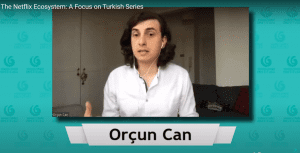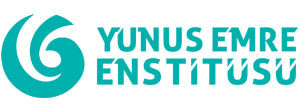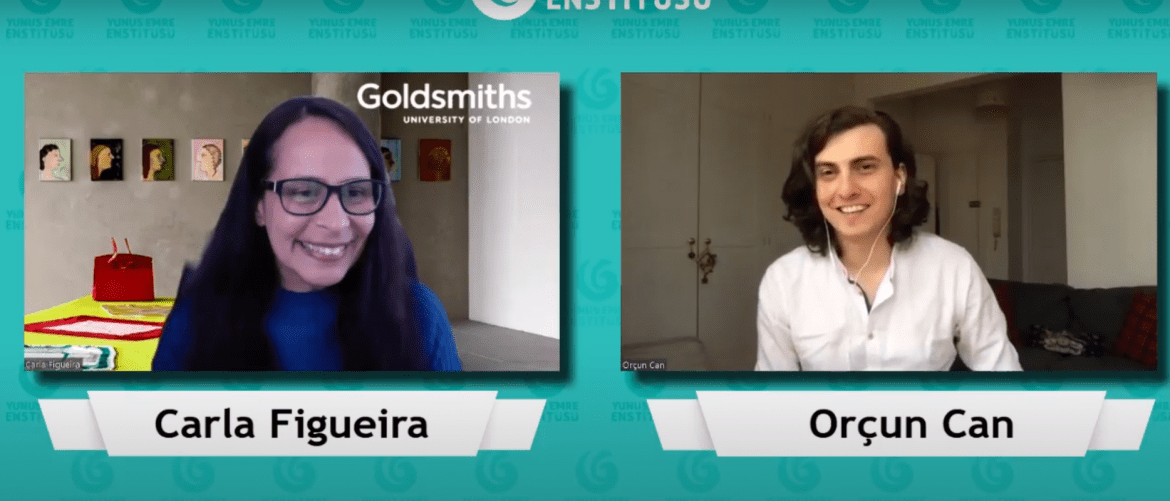Yunus Emre Institute in London, as a part of their Arts and Culture Lecture Series, held a talk, “The Netflix Ecosystem: A Focus on Turkish Series” with guest speaker Orçun Can, a PhD student from the Department of Culture, Media and Creative Industries at King’s College University.
In the conversation moderated by Carla Figueira, a faculty member in the field of international cultural relations at Goldsmith University, the Netflix platform showed interest in Turkish TV series and demanded its first original production, with the increasing interest in Turkish TV shows and the Turkish television industry having the second largest market after the USA.
With moderator Carla Figueira, an academic from Institute for Creative and Cultural Entrepreneurship, Goldsmiths, University of London , the conversation started with the topic of Netflix’s rising interest in Turkish TV serials. The Turkish television industry is the second highest exporter worldwide of TV serials after the USA and Netflix continues to create or commission Turkish programs as a result. With a continuously expanding catalogue of original TV serials such as Hakan: Muhafız (The Protector) in 2018, Atiye (The Gift) in 2019 and Aşk 101(Love 101) in 2020, Netflix continues with the first Netflix Original film, Yarına Giden Yol (One-Way to Tomorrow) in June 2020.
The interview, which started with an introduction of the impact of the Netflix platform in the world, was compared with Apple TV, Disney+ and Amazon Prime. Apple TV has its own target audience, Disney+ only publishes its own productions, while Amazon Prime offers a broader selection compared to these two platforms; however, Netflix was mentioned as a more advanced platform and has a greater reach because it offers subtitles in many languages and brings local values to the international stage.
In the evaluation made on Turkish TV serials, he stated that Turkish TV serials with their unique styles, have reached an important level on the international stage where there is serious competition in the entertainment sectors of various countries.
When speaking about the content of Turkish TV serials, Can stated that unlike American TV serials, their Turkish counterparts tend to tell stories of large families, but they do not necessarily reflect every part of society, and generally use certain parts of Istanbul as a venue for the shows.
In the talk, Orçun Can also made evaluations on the contribution of Turkish TV series to soft power, especially mentioning its important contributions to tourism.
In the final question and answer section of the event, Can answered a question about how the embargoes applied to Turkish TV series in some Middle Eastern countries affect the Turkish TV series industry. He stated that the ban will not have much effect on the globalization process but will instead increase interest. He shared with the audience that, in contrast, the effect of Covid-19 will have a greater negative affect to the Turkish TV sector as well as the rest of the world.





